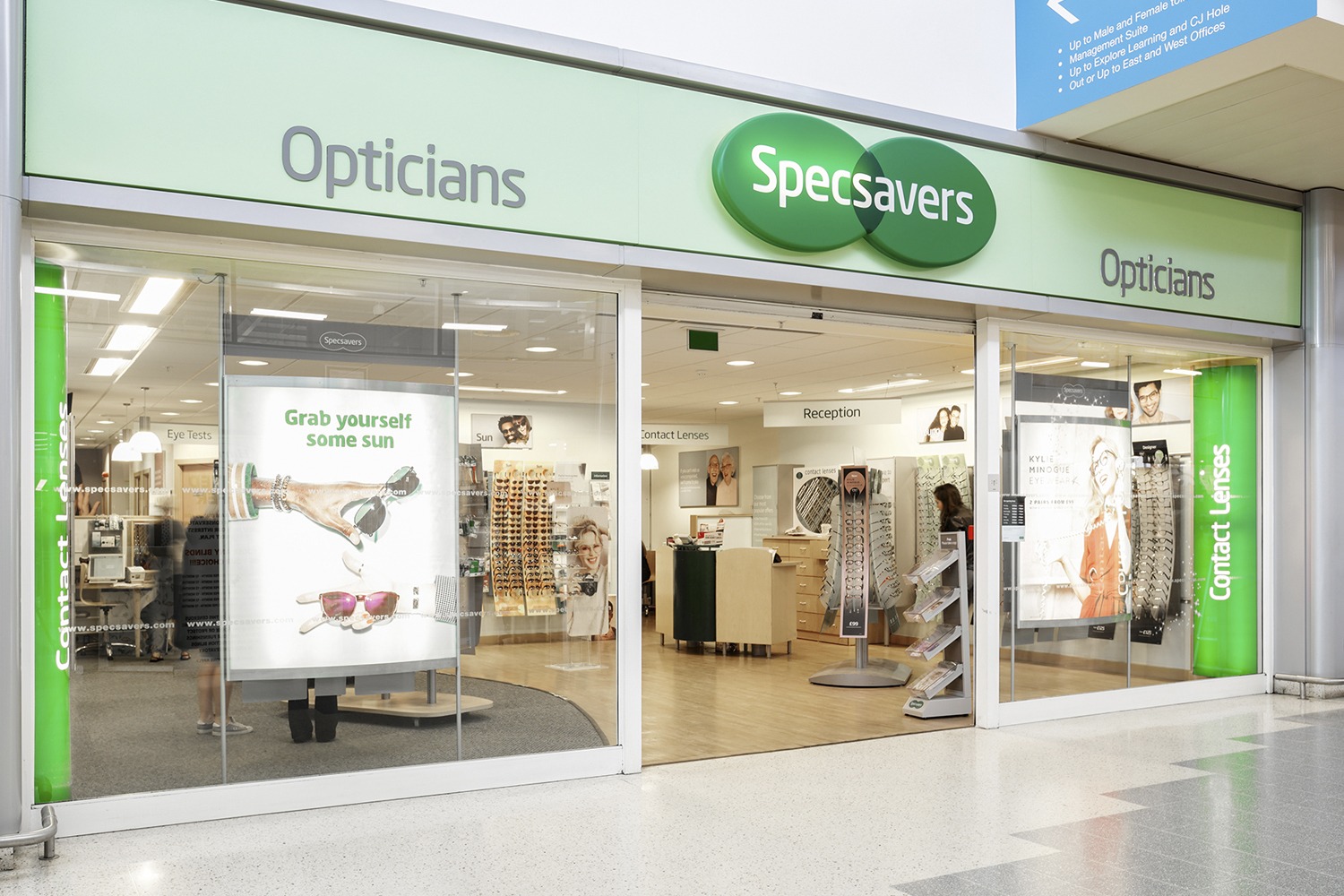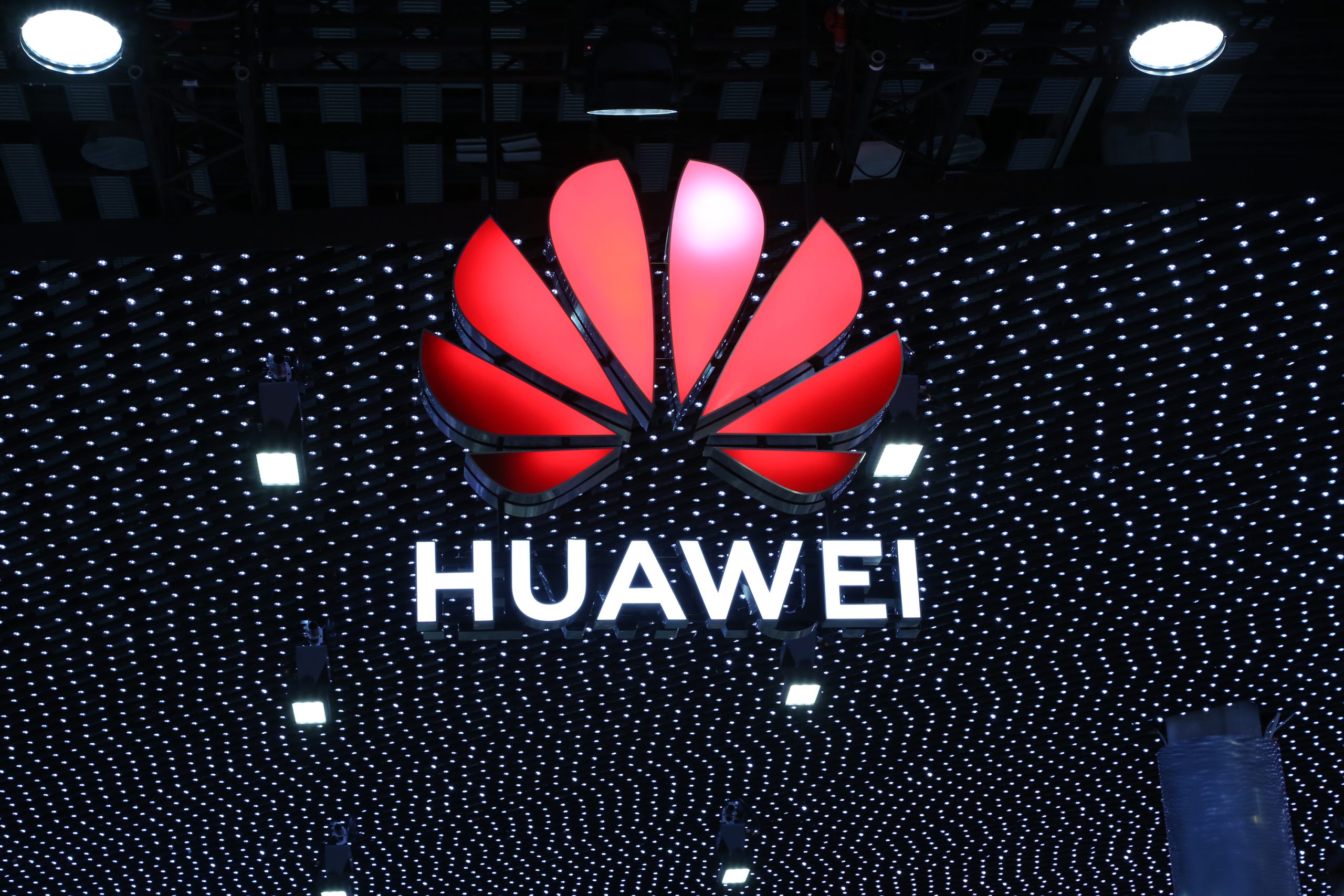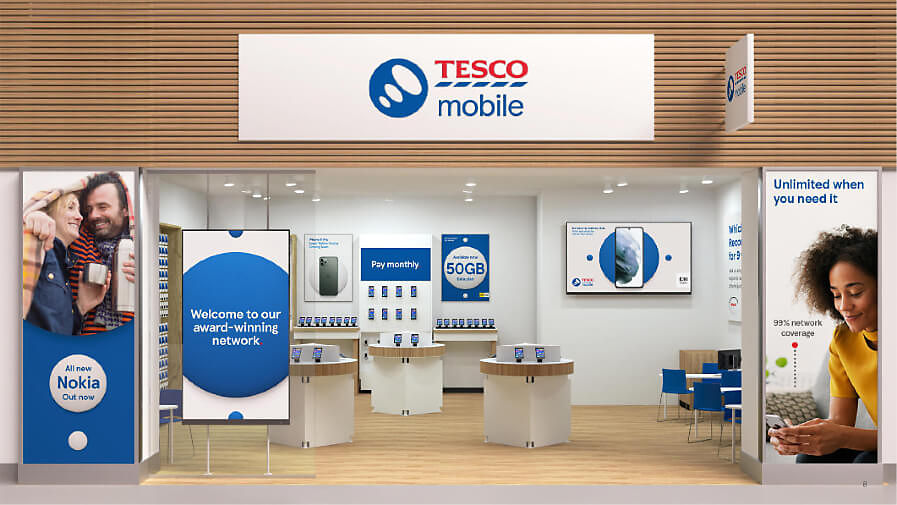Viewpoint: Part of the Conversation
- Wednesday, November 1st, 2017
- Share this article:
 Everyone has experienced curiosities of ad targeting, from retargeted eCommerce ads that chase you around the internet long after you’ve bought the item, to inexplicable promoted tweets that seemingly have nothing to do with any of your interests. Perhaps the most peculiar though are those ads which are perfectly suited to some need, want or interest you have at that exact moment – but which you have never searched for or explored online.
Everyone has experienced curiosities of ad targeting, from retargeted eCommerce ads that chase you around the internet long after you’ve bought the item, to inexplicable promoted tweets that seemingly have nothing to do with any of your interests. Perhaps the most peculiar though are those ads which are perfectly suited to some need, want or interest you have at that exact moment – but which you have never searched for or explored online.
Of course, many would argue that this is exactly the kind of targeting and anticipating the needs of a consumer that marketers should be aim for, and it’s easy to explain these moments away using things like demographic targeting and the law of large numbers. But there’s no denying that it can feel a little invasive when an ad seems to know what you want before you do.
It’s these kind of moments that no doubt give rise to the persistent theory that Facebook has been listening to people’s private conversations through smartphone microphones, to better target its users for ads. Various theories have been circulating for years, but Facebook’s vice president of ads Rob Goldman recently took to Twitter to deny the claims after PJ Vogt, presenter of tech podcast ‘Reply All’, tweeted asking listeners for their stories related to this rumour.
Despite Facebook’s strong denial, Vogt’s tweet prompted numerous responses from consumers who felt that they had been served ads related to private conversations, and you can find multiple videos on YouTube claiming to prove that this theory is true.
Whether or not there is any real basis for this theory, it demonstrates that while we might be happy to provide marketers with a wealth of information on our shopping habits, interests and personal lives as we navigate the digital world, the idea that our phones might be listening to us is still a step to far for most people. But how does that correspond with the meteoric rise of voice search?
According to Google, 12 per cent of all searches are now made using voice, rising to 20 per cent for searches made on Android and in Google’s mobile apps. 41 per cent of US adults and more than half of US teens will use voice search at least once a day, and as smart assistant devices like Google Home, Amazon Echo and others become more ubiquitous, that figure is only going to rise. According to various studies, by 2020 anywhere between 30-50 per cent of all searches will be carried out using voice, and there will be an estimated 33m smart speakers in the US alone by the end of this year.
With the rise of voice search, consumer are going to have to adjust to the fact that it is not just typed out data that will be gathered anymore, but vocal commands. As smart home hubs combine digital assistant programs with IoT tech, digital giants like Google, Apple and Amazon will have the ability to gather data on how warm we like our house, when we like to cook our meals and even what room we’re in.
There is still a considerable gap between voice search data being gathered and what Facebook is accused of. After all, consumers are aware they are interacting with technology when they trigger a voice search, and the terms of service for such features presumably cover the fact that all search data, whether its typed or spoken, will be used for targeting purposes.
However, looking at the persistence of the Facebook ‘eavesdropping theory’, and the public’s reaction to it when they can’t pinpoint how the social network has a particular piece of personal information, should perhaps give marketers and tech platforms pause. One of the benefits of voice search is how seamless and easy it makes queries, but that means consumers are more likely to forget individual interactions, giving rise to more confusion over how exactly Google, Facebook et al know so much about their day-to-day lives.
Perhaps tech platforms and marketers need to engage in some public education, reminding consumers that their data, while secure and anonymised, may be used for targeting, no matter where it comes from. Perhaps voice data needs to be siloed off, used only to supplement information captured in more traditional ways. Or perhaps the introduction of GDPR and the additional controls over data that it will bring will render all of this speculation irrelevant anyway.
Whatever the future holds, the growth of voice search means that both consumers and marketers will have to adjust to a world where there’s always the possibility that someone could be listening in.
Join us at the 2017 Effective Mobile Marketing Awards Ceremony, taking place in London on Thursday 16 November, to mix with the industrys best and brightest, and raise a glass to the years best campaigns and solutions. To find out more, and to book your place, click here.
















